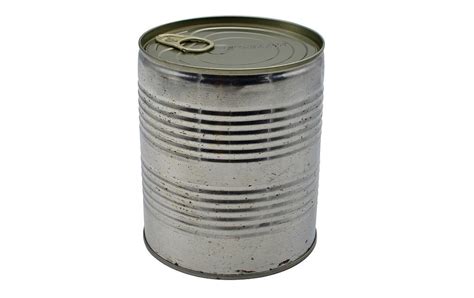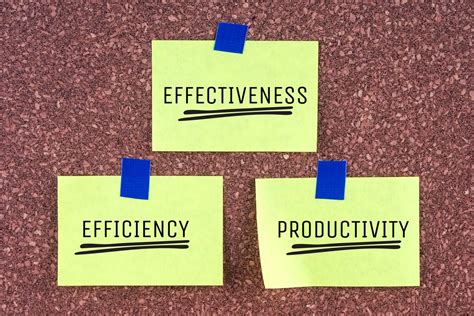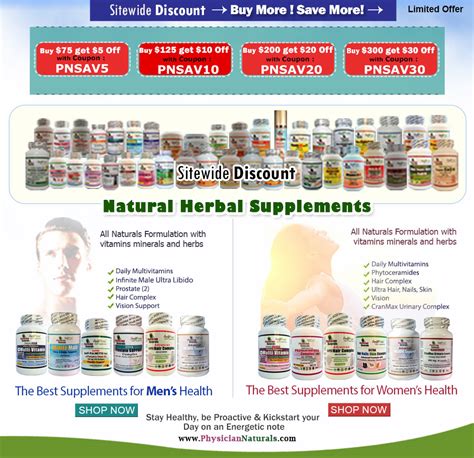How can men naturally boost low testosterone for peak energy & performance?

Low testosterone, often referred to as ‘low T’, is a common condition affecting millions of men, particularly as they age. Symptoms can range from persistent fatigue and reduced libido to decreased muscle mass, increased body fat, and even mood disturbances. While medical interventions exist, many men are seeking natural, lifestyle-based approaches to optimize their hormone levels and reclaim their vitality. Boosting testosterone naturally involves a holistic look at daily habits and choices.

The Power of Diet: Fueling Your Hormones
What you eat plays a critical role in hormone production. A diet rich in whole, unprocessed foods can support optimal testosterone levels, while poor dietary choices can hinder them.
- Healthy Fats: Cholesterol is a precursor to testosterone. Incorporate healthy fats from sources like avocados, nuts, seeds, olive oil, and fatty fish (salmon, mackerel). Monounsaturated and saturated fats, in moderation, are particularly important.
- Zinc-Rich Foods: Zinc is a vital mineral for testosterone production. Oysters are famously high in zinc, but you can also find it in red meat, poultry, beans, nuts, and dairy.
- Vitamin D: Often called the ‘sunshine vitamin,’ Vitamin D acts like a steroid hormone in the body and is directly linked to testosterone levels. Get safe sun exposure or consume fortified foods, fatty fish, and consider supplementation under professional guidance.
- Limit Sugar & Processed Foods: High sugar intake and processed foods can lead to insulin resistance and increased inflammation, both of which can negatively impact testosterone production.
Exercise Smart: Build Muscle, Boost T
Physical activity, especially certain types, is a potent natural testosterone booster. Not all exercise is created equal when it comes to hormone optimization.
- Strength Training: Lifting weights or performing bodyweight exercises that challenge your muscles significantly stimulates testosterone release. Focus on compound movements like squats, deadlifts, bench presses, and rows, which engage multiple muscle groups. Aim for 3-4 sessions per week.
- High-Intensity Interval Training (HIIT): Short bursts of intense exercise followed by brief recovery periods have been shown to increase testosterone. This can be incorporated into cardio routines or even bodyweight circuits.
- Avoid Overtraining: While exercise is good, excessive long-duration cardio without adequate recovery can actually decrease testosterone and increase cortisol (a stress hormone). Listen to your body and prioritize recovery.

Prioritize Quality Sleep: The Hormonal Reset
Sleep is arguably one of the most overlooked factors in hormone health. During sleep, your body repairs itself and produces crucial hormones, including testosterone.
- Aim for 7-9 Hours: Consistent, high-quality sleep is essential. Studies show that even a week of restricted sleep can significantly lower testosterone levels in healthy young men.
- Maintain a Consistent Schedule: Going to bed and waking up at the same time each day, even on weekends, helps regulate your circadian rhythm and optimize hormone production.
- Optimize Your Sleep Environment: Ensure your bedroom is dark, quiet, and cool. Avoid screens (phones, tablets, TVs) at least an hour before bed.
Manage Stress: Taming Cortisol’s Impact
Chronic stress is a testosterone killer. When you’re stressed, your body produces cortisol, a hormone that directly competes with testosterone. High cortisol levels can suppress testosterone production.
- Practice Mindfulness & Meditation: Regular meditation, deep breathing exercises, or mindfulness practices can significantly reduce stress and lower cortisol levels.
- Engage in Hobbies: Dedicate time to activities you enjoy that help you relax and de-stress, whether it’s reading, spending time in nature, or listening to music.
- Set Boundaries: Learn to say no and manage your commitments to avoid feeling overwhelmed.

Consider Strategic Supplementation (with caution)
While a whole-food diet and healthy lifestyle are paramount, certain supplements may offer additional support, especially if you have deficiencies.
- Vitamin D3: If sun exposure is limited, a Vitamin D3 supplement can be beneficial. Get your levels checked first.
- Zinc & Magnesium: These two minerals are often deficient in men and are crucial for testosterone.
- Ashwagandha: An adaptogenic herb that has shown promise in reducing stress (cortisol) and improving testosterone levels in some studies.
- DHEA: A precursor hormone that the body can convert into testosterone, but should only be used under the guidance of a healthcare professional due to potential side effects.
Always consult with a healthcare professional before starting any new supplement regimen, especially if you have underlying health conditions.

Conclusion: A Holistic Path to Peak Performance
Naturally boosting low testosterone for peak energy and performance is not about quick fixes, but about consistent, positive lifestyle choices. By optimizing your diet, engaging in smart exercise, prioritizing quality sleep, and effectively managing stress, you create an environment where your body can produce and utilize testosterone efficiently. Embrace these natural strategies, and you’ll likely experience not just a boost in T-levels, but a significant improvement in your overall health, energy, and quality of life.










